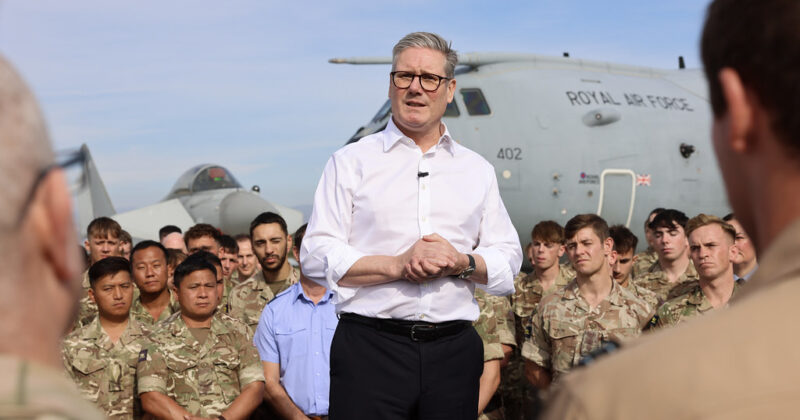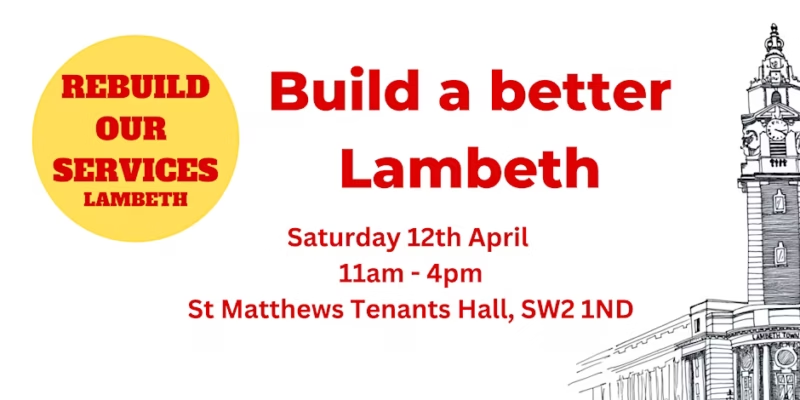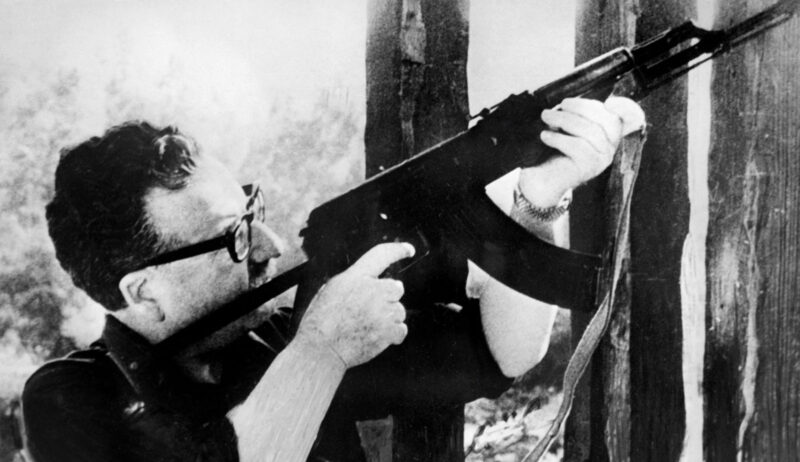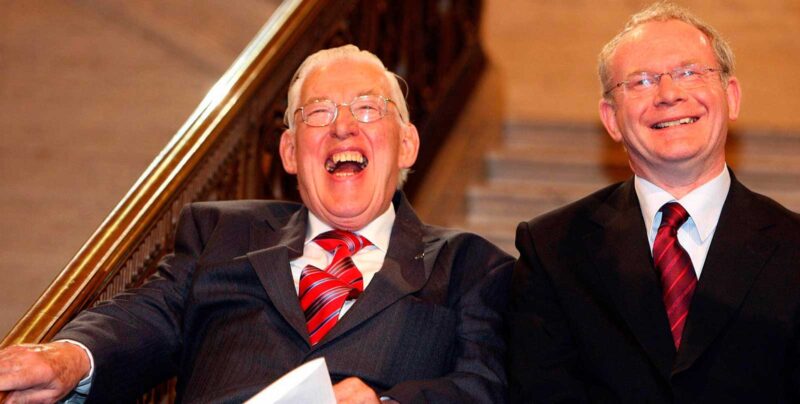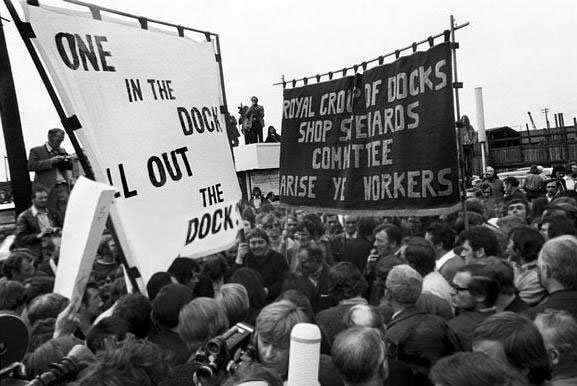Ten years since 9/11
 Rix Bragg reflects on the legacy of 9/11 ten years on.
Rix Bragg reflects on the legacy of 9/11 ten years on.
For those who lived through the events of September the 11th 2001, the great majority will find them hard to forget.
As two hijacked commercial airliners were flown into the Twin Towers, one into the Pentagon, and another brought down by passengers over Shanksville, Pennsylvania, the world watched in horror as the images of the worst attack on American soil since the Japanese navy bombed Pearl Harbour in 1941 were broadcast around the world along with the resounding message that ‘everything had changed’. Henceforth, society would find itself divided between a pre and post-9/11 world.
Now ten years on we can reflect upon how the world has changed since that fateful day. The passing of time has given us a better vantage point from which to view what happened, why, and, most importantly, what came next.
What led to 9/11
The “why” question is relatively simple. 9/11 was a product of the USA’s aggressive and reactionary foreign policy across the globe, but specifically their role in the Middle East. Decades of American interference, the propping up of brutal dictators and absolute monarchs, the financial, political, and military support for the colonial Zionist state of Israel, as well as a near constant implementation of the “divide-and-rule” tactic left the region’s population simmering with resentment towards America.
In their Cold-War determination to prevent the expansion of Soviet influence in a region strategically important for both its geography and mineral wealth, the USA not only made enemies for itself, but even took them into their employ, thus the rise of such reactionary regimes and groups as the Taliban and Al-Qaeda can be traced back to American policy decisions decades earlier. Faced daily with the realities of the reactionary American policy in their homelands, it was only a matter of time before an equally reactionary, if somewhat more desperate, backlash would be born out of the frustration and sense of powerlessness that many were subjected to. This blow came with force on September 11, 2001.
In the immediate aftermath of the attacks a sharp militarist swing by the Bush administration was a sign of things to come. The popularity of President George W. Bush spiked after a period of woefully low approval ratings due to a flat economy and a stolen election that put him in office. The US was ‘united beneath the flag’ as a wave of jingoism gripped the nation. Western powers too lined up to throw moral and military support behind it.
The launch of the ‘war on terror’
On 20September of the same year, the President officially launched the “War on Terror” during a televised address to the US congress saying: “our ‘War on Terror’ begins with Al Qaeda, but it does not end there. It will not end until every terrorist group of global reach has been found, stopped and defeated.” By 7 October,the war without end, nor even clearly defined enemies, had launched its opening battle against Afghanistan.
This marked the start of a new era in world power relations where despite the hijacked rhetoric of “defence of freedom” in the face of terror, the real motive was, and always has been, the imposition and securing of American interests in the region and the tipping of the scales of global power firmly in the USA’s favour.
With the end of the Cold War and the collapse of the Soviet Union and the Warsaw Pact, the world witnessed a new era of economic dominance for America and the West. It appeared as though the globe was theirs for the taking.
The IMF and WTO were utilised to strong-arm the global south to ‘reform’ their economies – in reality, this amounted to cracking them open for plunder by Western multinationals.
Economic dominance was quickly achieved in this way, yet there remained obstacles to the full implementation of the new world order of the post-cold war world, added to which were the threats of new emerging economies which were increasingly growing to challenge the Western dominance of global markets.
By the turn of the century, and after a decade of growth, the West faced a resurgent Russia determined to exert greater influence throughout its former spheres of control.
Both India and China grew to be significant Asian economic powers. Hostile, anti-Western regimes were a force to be reckoned with throughout the Middle East. On top of that, American influence in the global south had been waning over the past decade with the growth of regimes that invoked the language of anti-imperialism.
The attacks of 2001 provided the perfect opportunity to redress this balance. In the name of fighting terror, the US declared their right to invade and attack any nation, person, or group that threatened their interests. Pre-emptive attack became an accepted motto. A war without boundaries, and of indefinite length was instigated. The true objective was clear: to complement the economic force of the IMF and WTO with the military might of the USA in order to secure the ‘American Century’ free from any challenge.
The invasion of Afghanistan at the strategically important crossroads of the world and the creation of a permanent American military presence there, the invasion of Iraq and the opening of their oil fields and markets to exploitation by Western corporations both sought to establish American dominance in the region and serve as a warning to those regimes who would dare oppose the USA.
A rotten imperial legacy
Ten years later we may look back and get a clearer view of the past decade. The War on Terror for all its claims about fighting for security has resulted in an increase in extremism as those fighting the invasion of their homelands rose up in insurgency and others feeling powerless in the face of a historical injustice have turned to the only potent expression of their rage and frustration they could find; the result has been more attacks on the West and pro-West governments, not less.
The justification of the “War on Terror” has been seized upon by governments across the world to not only justify but gain the support of the world in their brutal repression and genocides against separatist movements such as was seen in Chechnya and Sri Lanka. This has become such a common justification, in fact, that it was most recently used by Gaddafi in his massacre of the Libyan people during their revolution against his autocracy.
Even from a mere tally of numbers, it is clear that the War on Terror came at an enormous cost with some 47,000 either killed or injured from the US alone over the course of the war, far in excess of the number who died in the terrorist attacks of 2001.
Despite this huge sacrifice, the US has failed completely to impose its will as intended with the military now in discussion with ‘moderate’ elements of the Taliban.
Democracy and hypocrisy
The ‘new era,’ as it was heralded, in is in reality a continuation of the American foreign policy of the past sixty-years with a rather minor cosmetic change of rhetoric from the ‘Red Scare’ and ‘Domino Affect’ to the new ‘War on Terror” – both mere justifications for the intervention of the USA wherever they wished, whenever they wanted for the enforcement of their will and designs upon a world in which their hegemony did not go unchallenged.
The language of ‘democratic transformation’ has always been used for simple expediency not as a genuine desire to see the end of tyranny across the Middle East and the wider world. On occasion, Bush would invoke the rhetoric of democratisation in his struggle against Saddam Hussein without ever challenging America’s “friends” in the region like the Saudi royal family, or Mubarak’s tyrannical regime in Egypt.
Hopes that the election of Obama to the White House would signal an end to this ‘new era’ also proved to be misplaced. Obama since election has, unsurprisingly, followed a policy of continuation: he increased by the tens of thousands the US troop presence in Afghanistan and has approved of more deadly Predator-drone strikes (particularly in Pakistan) over the past 3 years than his “war-hungry” predecessor did throughout all of his last 5.
The Arab Spring has marked a dramatic game-changer in the situation. It has exposed the unprincipled nature of America’s alliances in the region, as the criticism of the closest allies like the House of Saud is muted, while other regimes are attacked for their repression of the mass democratic movements. Indeed, to all those who preached the idea that western military intervention could achieve lasting democratic change across the Middle East, the combination of the failed legacy of the ‘war and terror’ coupled with the dramatic successes of the mass movements over the last months sends a stark message: it is the revolutionary activity of the masses, not the bombing raids of B52s that can realise radical political change.
Nonetheless, it would be foolish to think the relationship between the Arab Spring and Western imperialism is anything but contradictory. The recent perceived success in Libya certainly risks reviving the model of so-called ‘humanitarian intervention’.
So, whilst US foreign policy may now be changing yet again from that of naked force and threat to an approach citing humanitarian concerns the root remains as ever the same: preserving and extending US hegemony, this time by appearing to support movements for democratisation, so long as they stay within the political parameters America sets.
A decade of lessons that mustn’t be forgotten
A key lesson we must draw from 9/11 and the entire subsequent course of developments since its occurrence is that people can and will fight back in whatever form open to them against oppression – especially as a result of foreign intervention.
Preventing future 9/11-style attacks means abolishing the entire policy of the previous decade: continually cutting down militarily resistance to imperialism faster than it can grow back up. A nail-cutting analogy would thus be suitable to help illustrate the point.
The solution is to cut down imperialism once and for all and to give the peoples of the Middle East, Central Asia, and across the global south the freedom and opportunity to decide for themselves how they want to live and be governed.
This will necessitate the removal and elimination of all forms and mechanisms for foreign influence and coercion – military bases, Western patronage to local strongmen or gendarme regimes willing to do the bidding of Western banks and multinationals, and the destruction of the international institutions (like the WTO and IMF) that accentuate and prolong the sufferings of millions.
In this way, the struggle to rid the world of desperate acts of terrorism becomes a combined struggle of oppressed peoples and the poor and working class to rid the world of the economic system that gives birth to them: capitalism.
